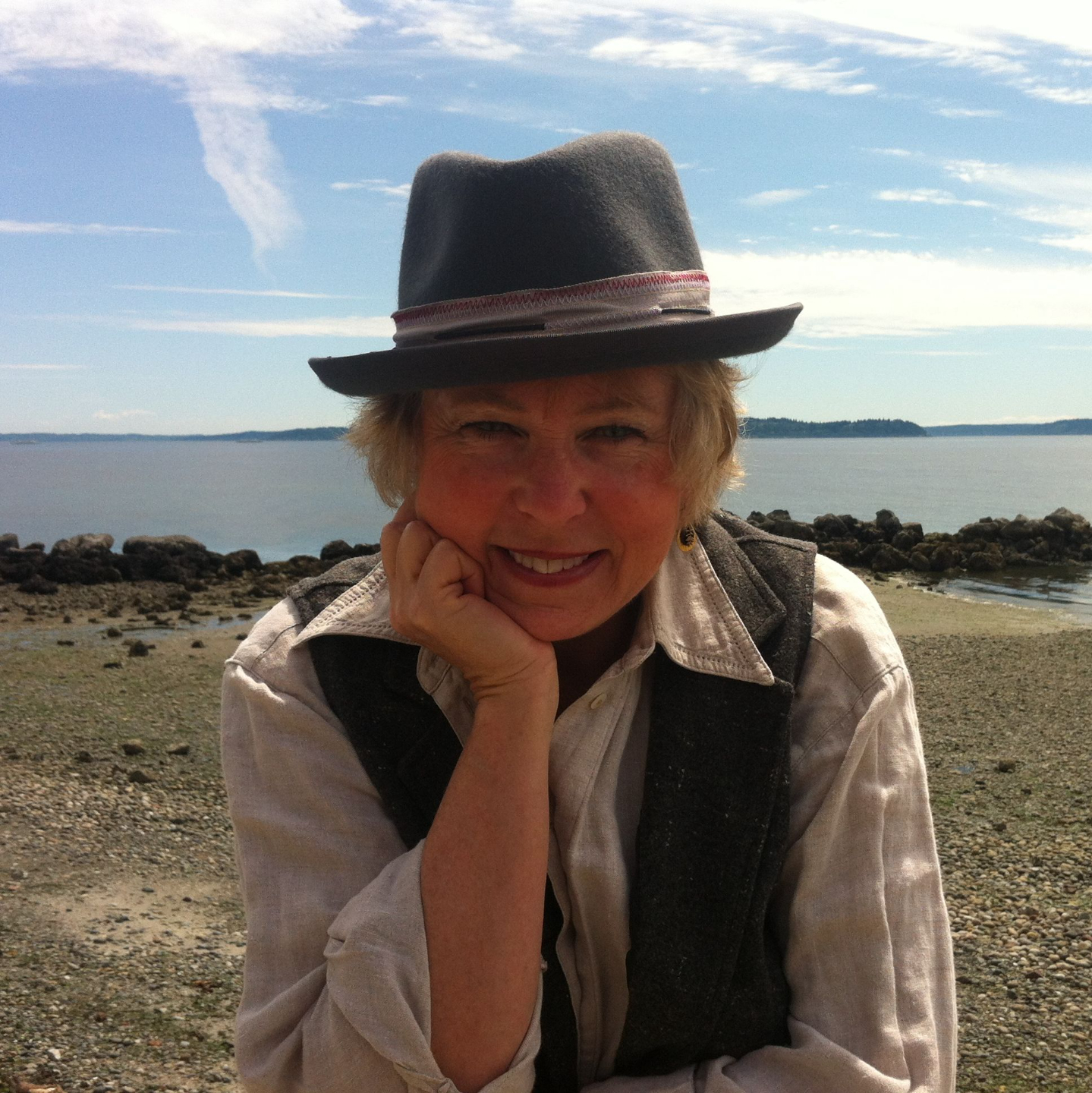- Asynchronous Lessons: Access weekly lessons and assignments at your own pace
- Personalized Feedback: Receive direct feedback
Week One: Introduction to Joseph Campbell’s The Hero’s Journey.
Week Two: Outlining your Hero’s Journey
Week Three: The Ordinary World and the Call to Adventure
Week Four: The Refusal of the Call and Meeting with the Mentor
Week Five: Crossing the First Threshold and Tests, Allies, and Enemies
Week Six: Approach to the Inmost Cave and Ordeal
Week Seven: Reward (Seizing the Sword) and The Road Back
Week Eight: Resurrection and Return with the Elixir
Week Nine: Rewriting your Journey
Week Ten: What now?
Meet the instructor

Gloria Kempton
Gloria Kempton is an author, writing coach and former magazine and book editor. She was raised by a professional romance writer who smoked all day while writing stories for true confession magazines. While the smoking had its downside, the writing took hold in Gloria’s soul when she was just nine years old. She wrote throughout grade school and high school, selling her first story at 21 years old.
She is now the author of hundreds of magazine articles and short stories and eleven books, including Write Great Fiction: Dialogue and The Outlaw’s Journey; A Mythological Approach to Storytelling for Writers Behind Bars. She’s a former contributing editor to Writer’s Digest magazine and an instructor with their online writing courses at Writers Digest University. Gloria brings Joseph Campbell’s mythological storytelling system, The Hero’s Journey, into correctional institutions throughout Washington state where the writers in her classes are learning to write their personal stories and become the heroes they were always meant to be.
Gloria’s love is the craft of storytelling—plotting, dialogue, setting, creating very real conflict on the page for story characters so that as they work on those conflicts, wrestling with demons and shadow characters along the way, they will emerge heroic at the end of their adventures. Or not, and that, too, is a lesson—the tragic hero’s journey. The Anti-hero’s journey. Gloria has learned that there are all kinds of heroes, and as we craft our story characters (whether memoir or novel), we learn about ourselves



